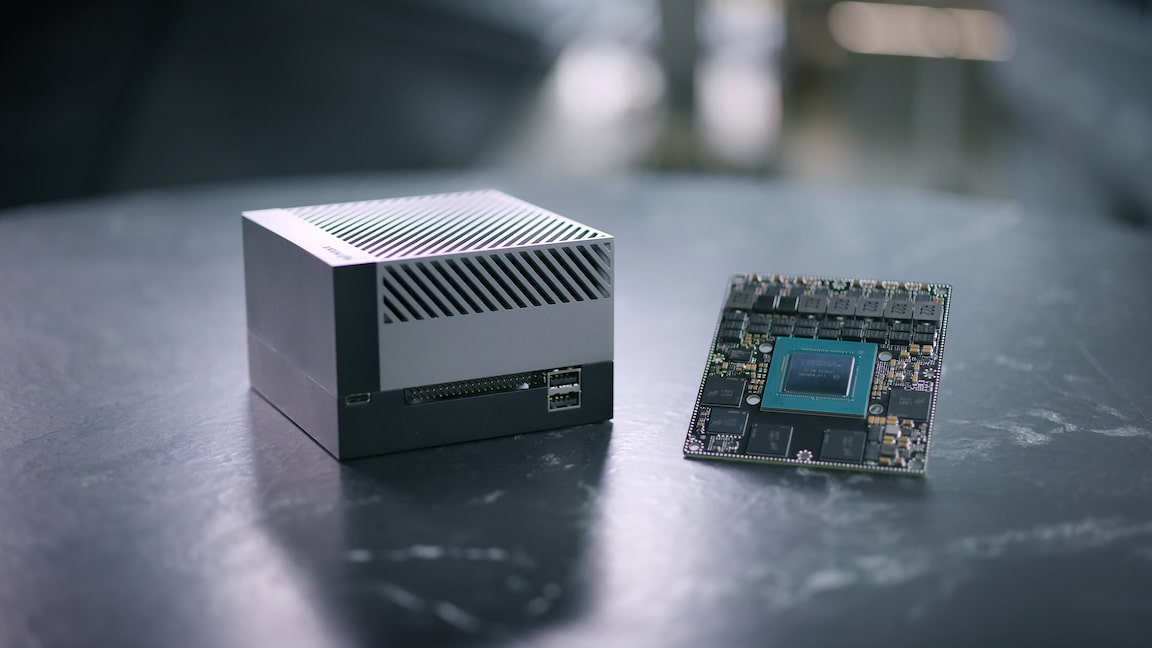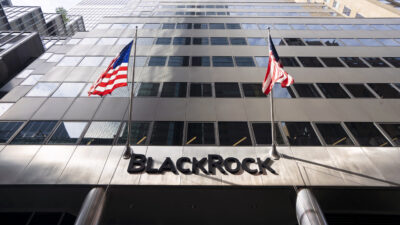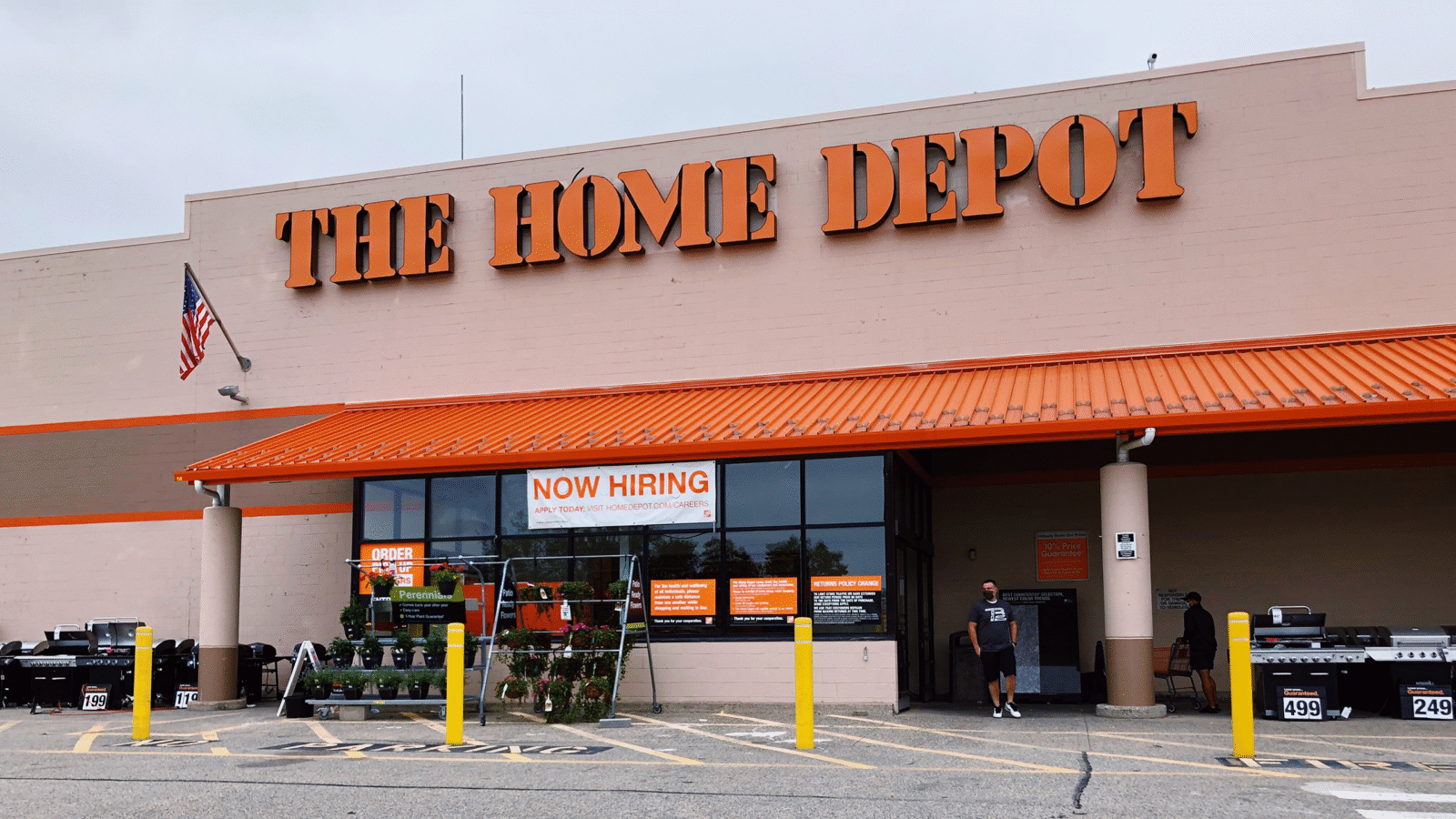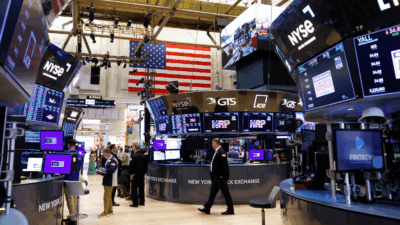
Sign up for smart news, insights, and analysis on the biggest financial stories of the day.
Defense contractor Lockheed Martin is not used to being in the crosshairs — normally, its job is to make the crosshairs.
On Tuesday, all that changed when the Federal Trade Commission (FTC) turned its scope on the missile manufacturer and launched a lawsuit to stop its planned $4.4 billion acquisition of rocket engine company Aerojet Rocketdyne. At the same time chipmaker NVIDIA, already in the vice grip of the regulator, reportedly planned to bail on the biggest semiconductor acquisition in history.
The Purger of Mergers
California-based chip giant NVIDIA, the 11th most valuable company in the world with a $558 billion market cap, first proposed to buy Softbank’s UK-based chipmaker Arm for $40 billion in September 2020. But last month, the FTC sued to block the deal, alleging it would give too much power to one company in the semiconductor industry and stifle innovation. Now, according to sources who spoke to Bloomberg, NVIDIA has begun telling partners it plans to abandon the deal, which has also drawn the ire of Chinese officials and Arm customers, like Qualcomm and Intel, that are direct competitors of NVIDIA.
The funny thing is, even if the deal fails, NVIDIA may have turned out the winner:
- Many of NVIDIA’s rivals have wasted time and money for the past 16 months exploring alternatives to Arm technology, which they may simply stick with if the merger falls through.
- Even without Arm, NVIDIA has seen astronomical sales growth — $7.1 billion in its latest quarter, up 50% year-over-year — driving its valuation beyond the reach of Intel and other chipmakers.
Taking Aim: The FTC is waging a similar attack on Lockheed Martin, alleging that its acquisition of Aerojet would allow it to cut out other defense contractors from missile components and then jack up the prices it charges the Pentagon. The FTC’s new chair Lina Khan — whose nomination Amazon opposed because it basically said she was too mean to them — has pledged to ramp up antitrust actions, meaning cases like these may no longer be extraordinary, but the new normal.











